‘History of Finance’ quiz: from tulip mania to Zimbabwe’s hyperinflation
You earned money, you spent money. Sounds like that’s all there is to know about the global economy? Maybe not quite. Take the quiz and find out how much you actually remember about the key events in the history of finance.
/
When did the tulip bulb mania take place?
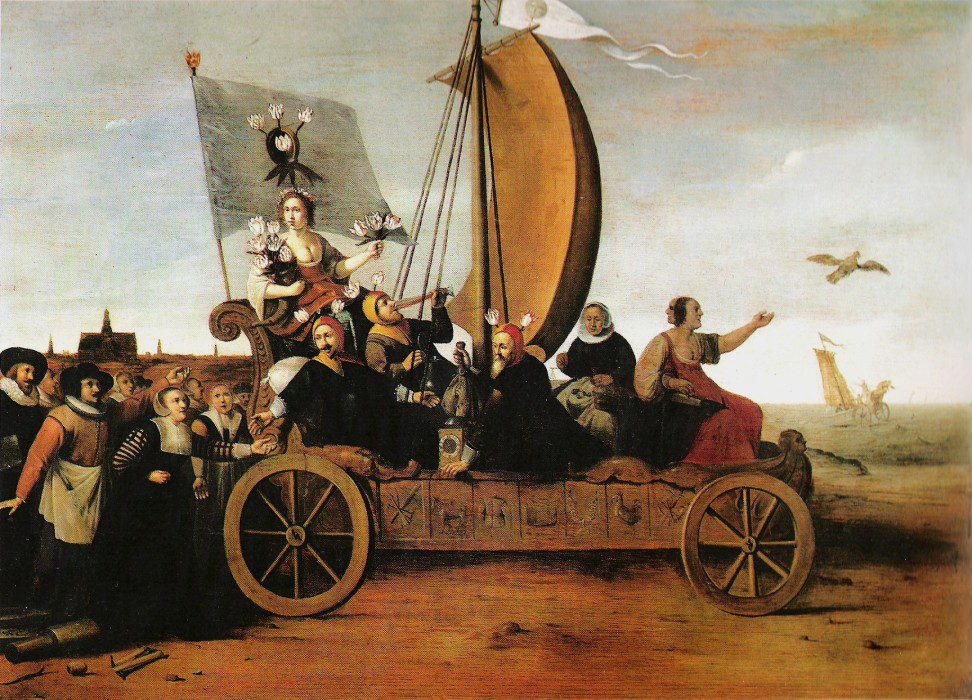
17th. Tulip mania was a black swan event registered during the Dutch Golden Age. Contract prices for tulip bulbs reached sky-high levels in 1634 and then plummeted in 1637, wreaking havoc among investors.
Which country sparked a financial crisis in 1998 by defaulting on its debt?
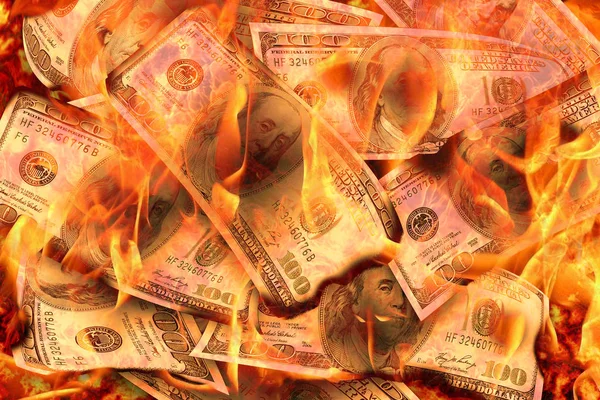
Russia. The Russian financial crisis (also called ruble crisis or the Russian flu) hit Russia on 17 August 1998. As a result of the event, Russia defaulted on its debt and devalued its currency – the rubble. The crisis had a severe impact on the economies of many neighboring countries.
When was the euro first launched?
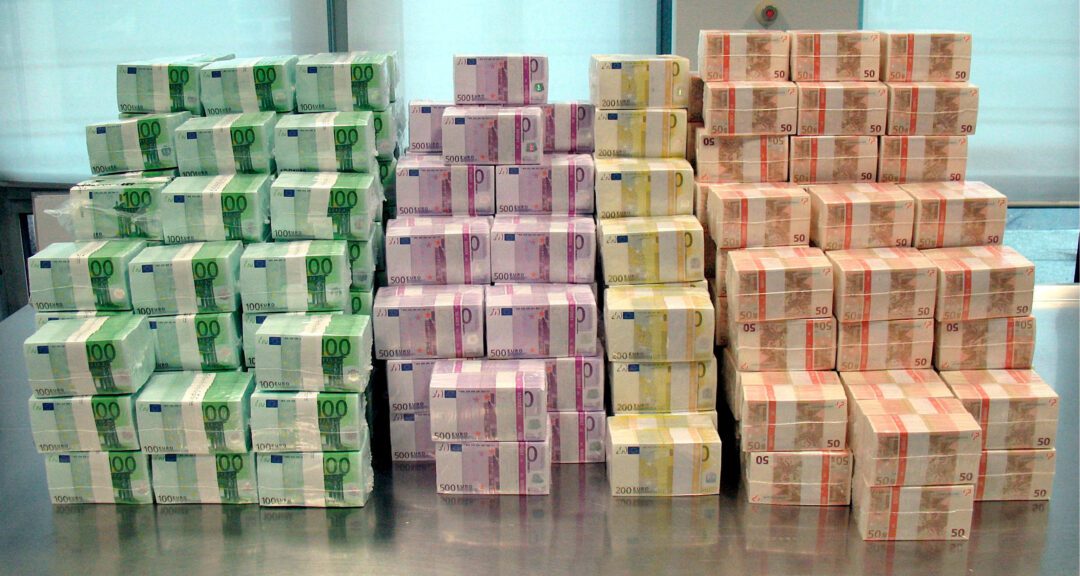
1999. The euro was launched on 1 January 1999, replacing its precursor ecu at a 1:1 value. Up until 2002, the currency was used only by financial markets and certain businesses, afterwards becoming one of the dominant currencies globally.
When did the United States terminate the gold standard?
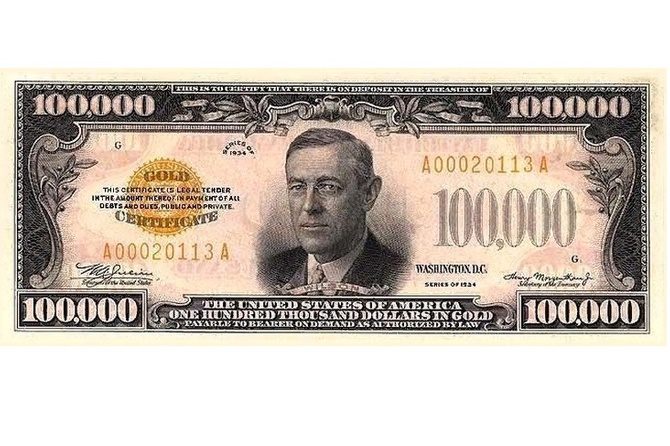
1971. The fiscal strain of the Vietnam War expenditures and persistent balance of payments deficits, among other factors, led US President Richard Nixon to terminate international convertibility of the US dollar to gold on 15 August 1971 (the "Nixon Shock").
Which currency units do many of today's currencies derive from?
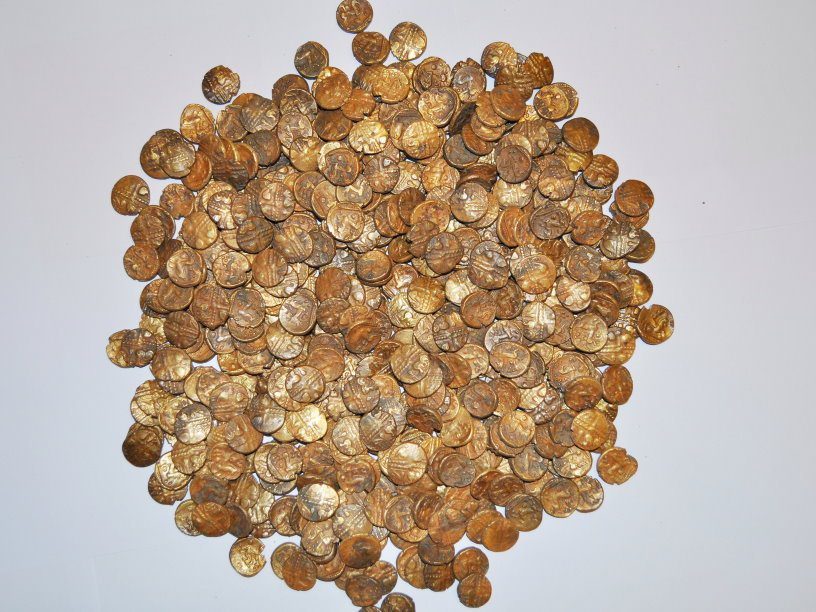
Roman originals. Due to the economic power and longevity of the Roman state, the Roman currency was widely used throughout western Eurasia and northern Africa from classical times into the Middle Ages. The currency has had an impact on the notion of 'currency' from Muslim caliphates, Medieval Europe and modern days.
Where did the first currency used in commercial transactions appear?
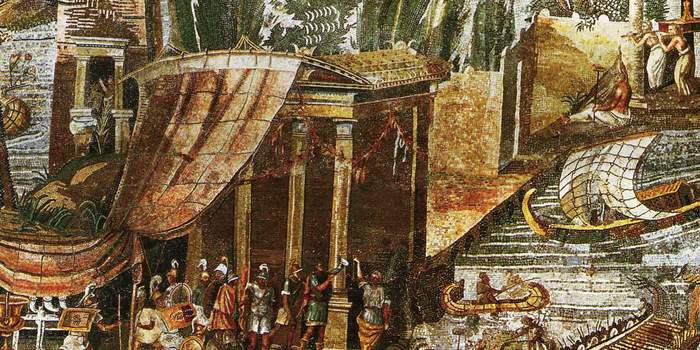
Egypt. It was the land of the pyramids that introduced a unit called deben. The deben was worth approximately 90g of copper. More expensive items could also use gold and silver debens, with proportionate changes in value.
Where was the earliest form of banking practiced?

Babylon. In Babylonia of 2,000 BCE, people depositing gold were required to pay amounts as much as one sixtieth of the total deposited. Both palaces and temples are known to have provided lending and issuing from the wealth they held—the palaces to a lesser extent. Practically this was used to borrow seed-grain with the promise of repaying it from the next harvest.
When was the motto “In God We Trust” first used on United States coins?
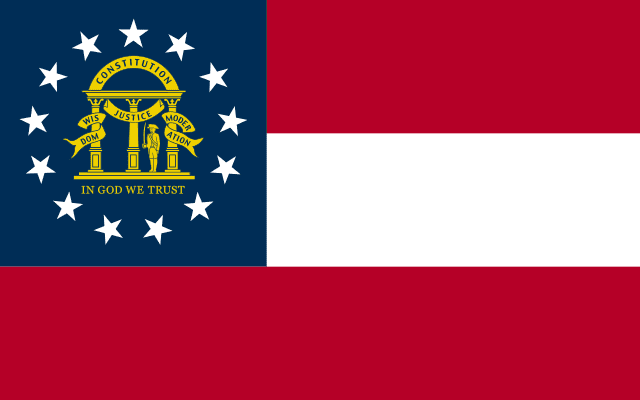
1864. IN GOD WE TRUST was the motto on the US coins that aimed to elevate religious discourse in the course of the Civil War. Secretary of the Treasury Salmon P. Chase received many appeals from devout persons throughout the country, urging that the United States recognise the Deity on United States coins.
Who was awarded with the Nobel Prize in Economics in 2014?
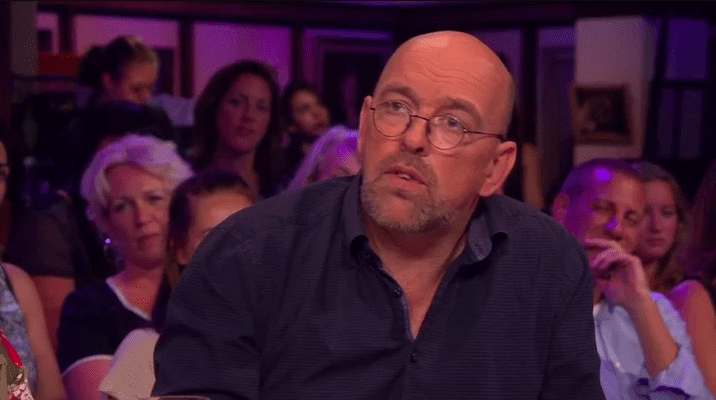
Jean Tirole. He received the Nobel Prize in Economics in 2014 for his work examining the regulation of natural monopolies and the strength of the market in self-regulating.
Which country experienced the most recent hyperinflation exceeding 1,000% p.a.?

Zimbabwe. The peak inflation took place in 2008 and 2009 at which point it wasn't even possible to clearly determine the size of the inflation as government institutions stopped providing reports. The highest registered inflation rate in Zimbabwe was 79.6 billion percent month-on-month in the autumn of 2008.
Check Answers
Your Result:
Review Answers
Sorry, no results found.
Please repeat the quiz and try different answer combinations.You are the finance GURU.
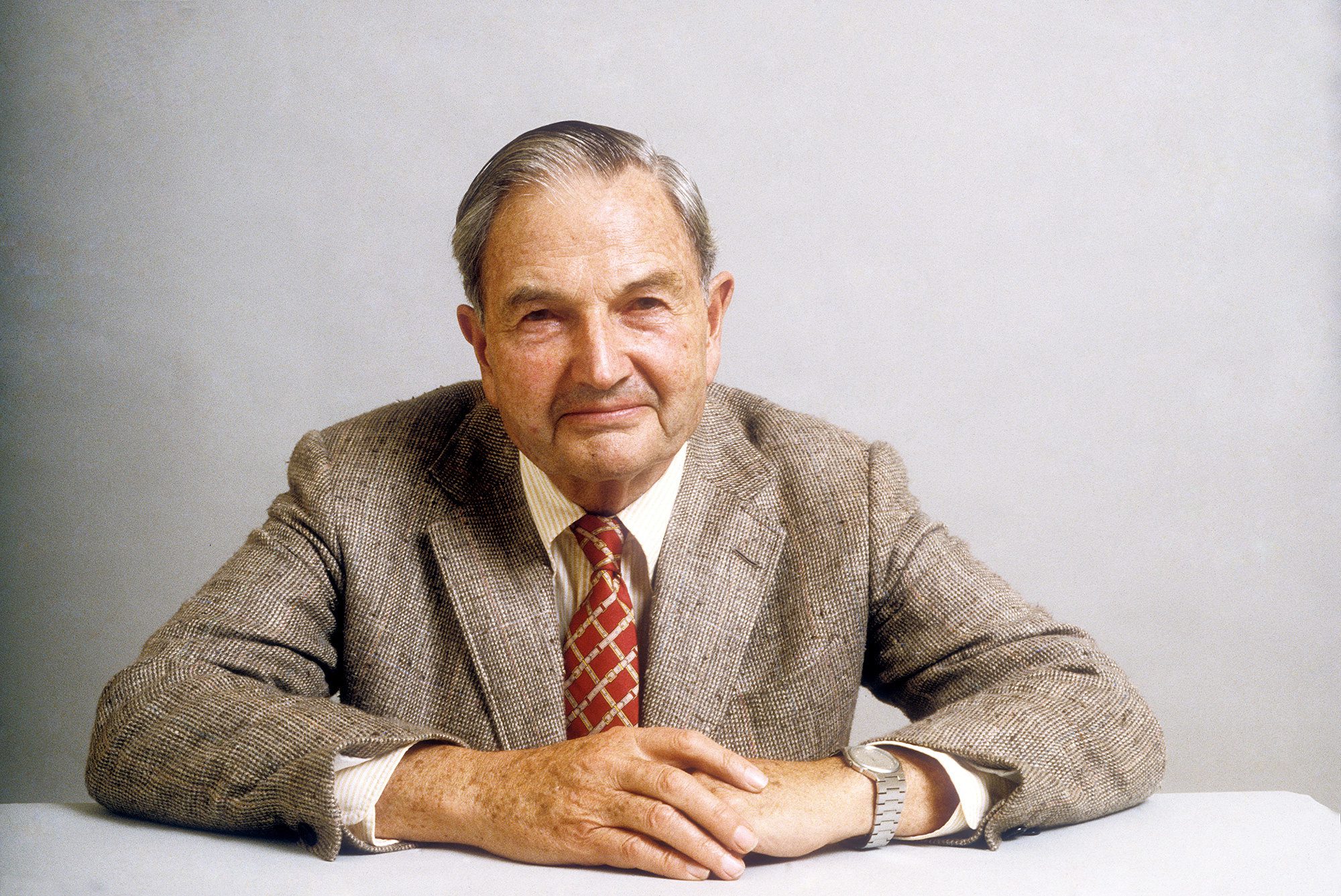
You have not only mastered the history of finance, but you are also taking part in writing it. We have a hunch that in between taking this quiz, you are also advising the IMF and the ECB on their future steps.
Congratulations, you are the PROPHET!
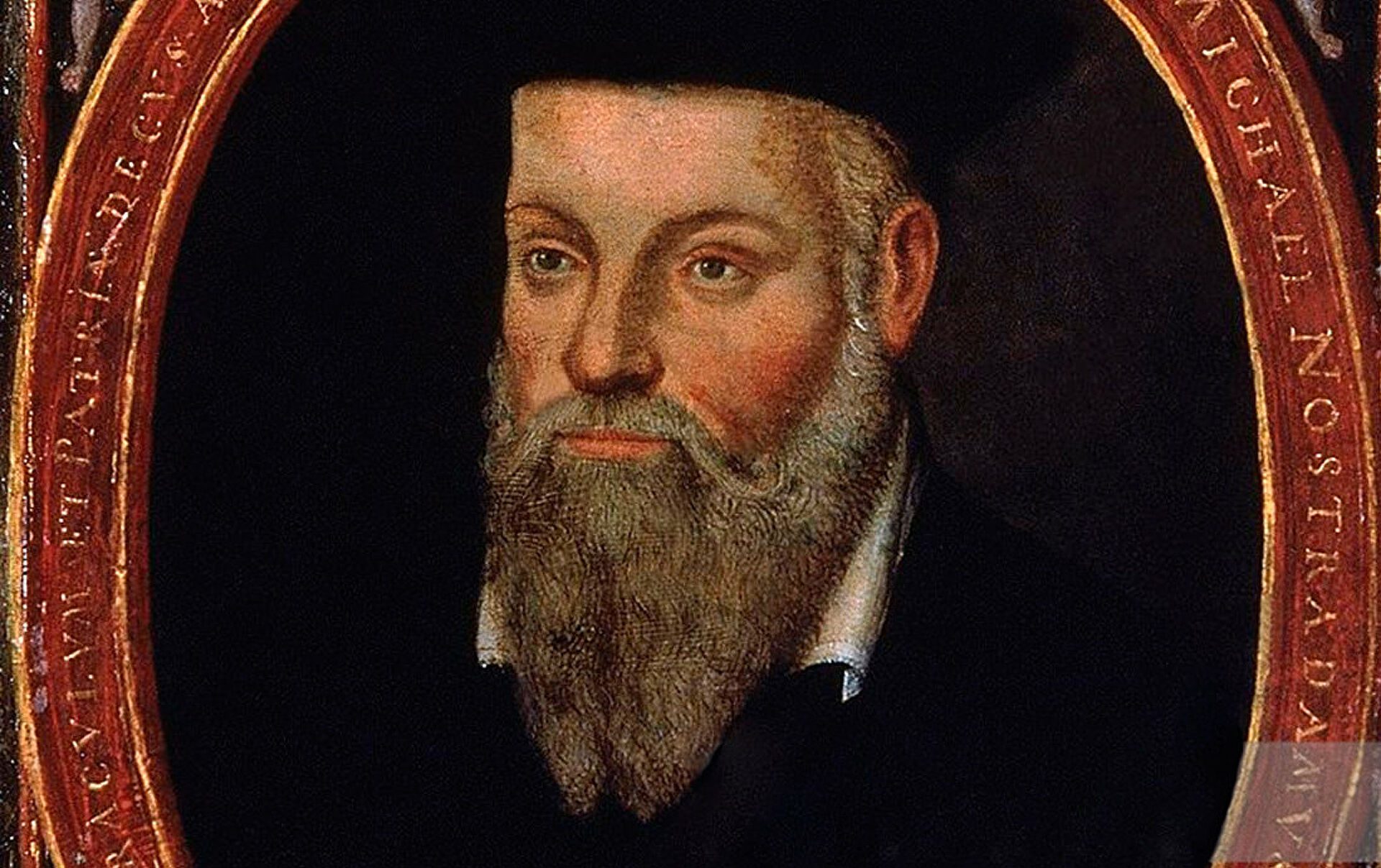
You have a great intuition for finance. While some bits of information may have skipped your mind, you are attentive and well versed in the global events.
Hmm, it looks like you're an EASY GOER.

You're probably more interested in the sounds of birds chirping outside of the window than stuffing your nose in the books. While you have not yet mastered the history of finance, this is a great opportunity to learn something new!